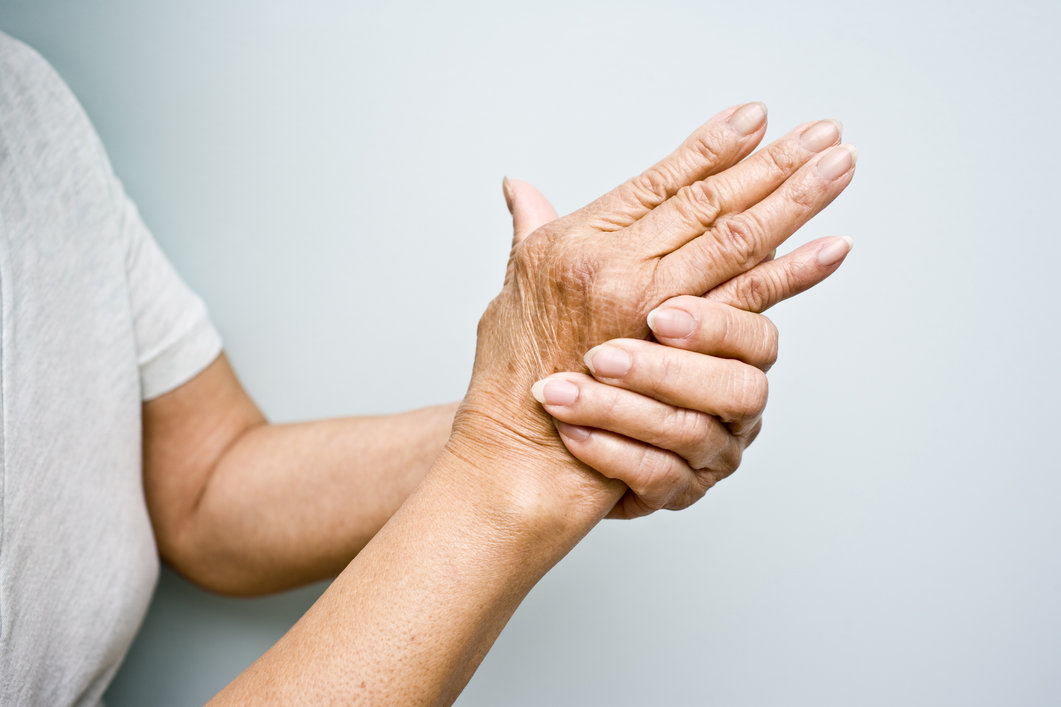Miss Shamim Umarji
Consultant Orthopaedic Surgeon
Specialist expertise: Hand and Wrist Problems, Sports Injuries, Orthopaedics, Carpal Tunnel, Cubital Tunnel, Trigger Finger, Arthritis, Hand & Wrist.
A frequently painful condition where the finger clicks or locks when the fingers roll up into a fist

Trigger finger is a condition that can occur in any finger or the thumb. The finger clicks or locks when the fingers roll up into a fist, and use is often painful.
The flexor tendon (which rolls up the finger into a fist) fits perfectly in a smooth tunnel. This tunnel can thicken at various points, usually in the palm. The tendon develops a lump or thickening which snags at the tunnel narrow point and can block. This constant impact as the tendon slides back and forth, sets up inflammation, which is painful and tender. This may follow a period of heavy use, such as gardening or DIY activities, but in many cases there is no identifiable cause.
Currently selected day
Available consultations
Causes
Inflammation caused by overuse
Symptoms
Finger painful to use, finger clicking, finger l...
Treatments
Steroid injection, surgery
We boast a truly integrated team of orthopaedic surgeons, sports medicine physicians, podiatric surgeons, rheumatology specialists, paid medicine consultants and hand therapy specialists. All of these services work together in one place, enabling us to give patients the best care possible.